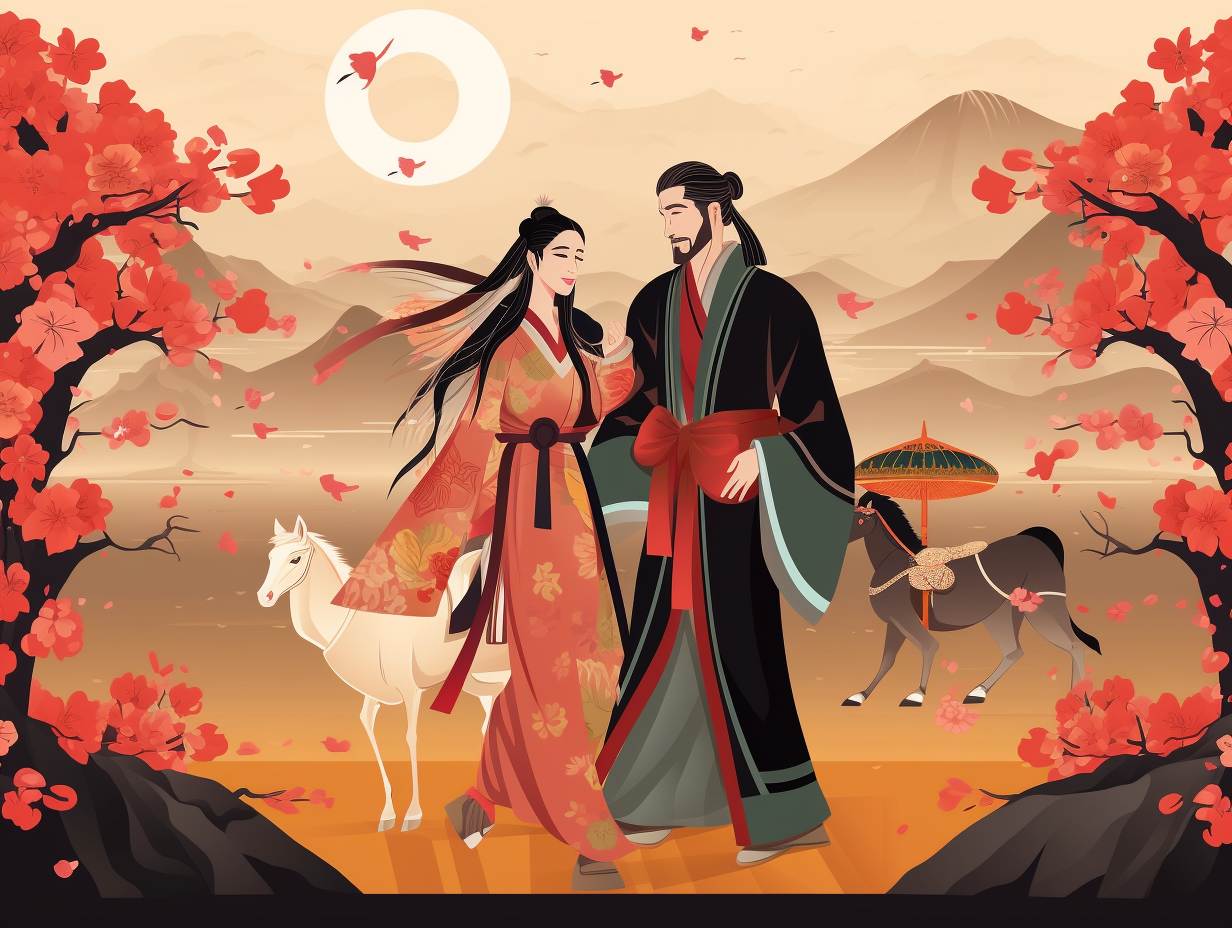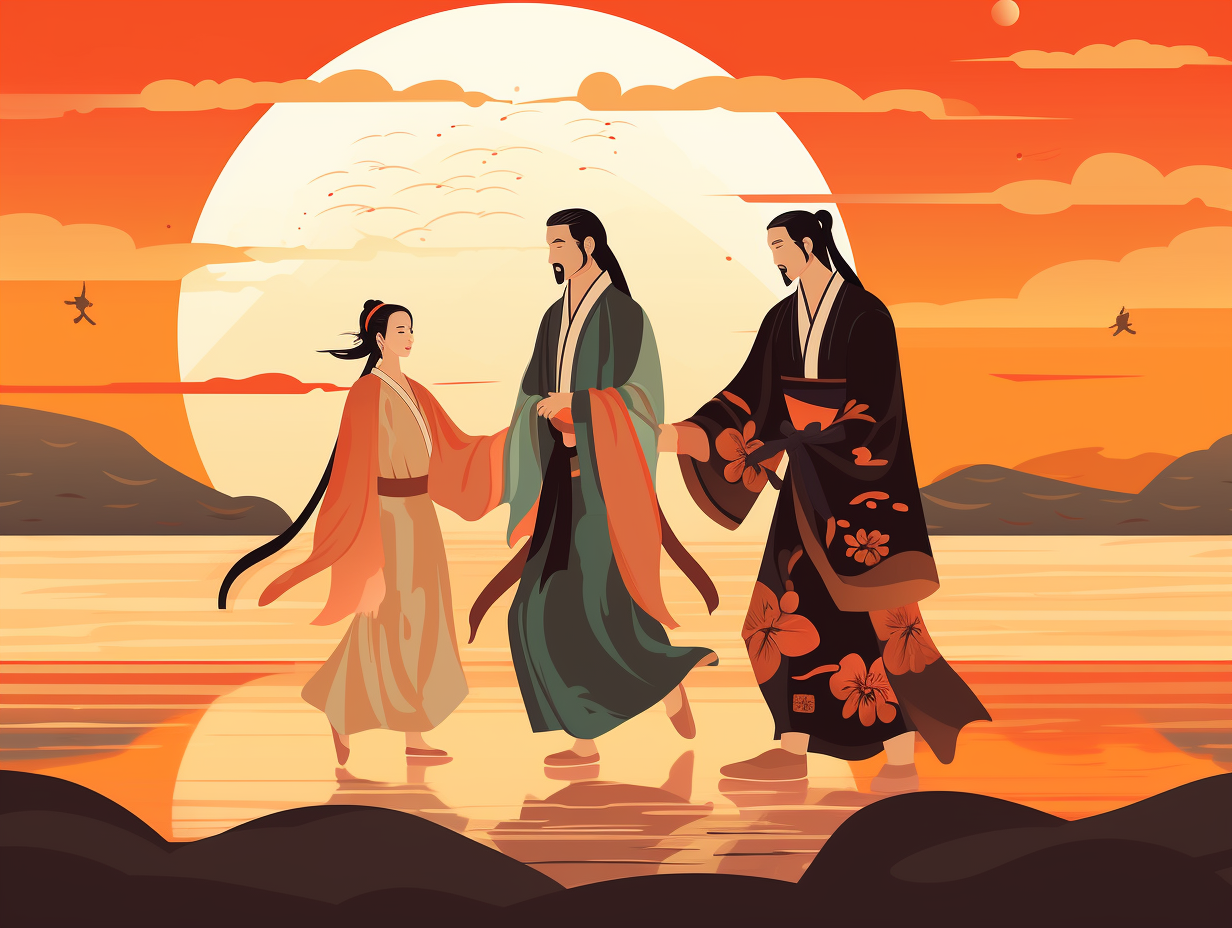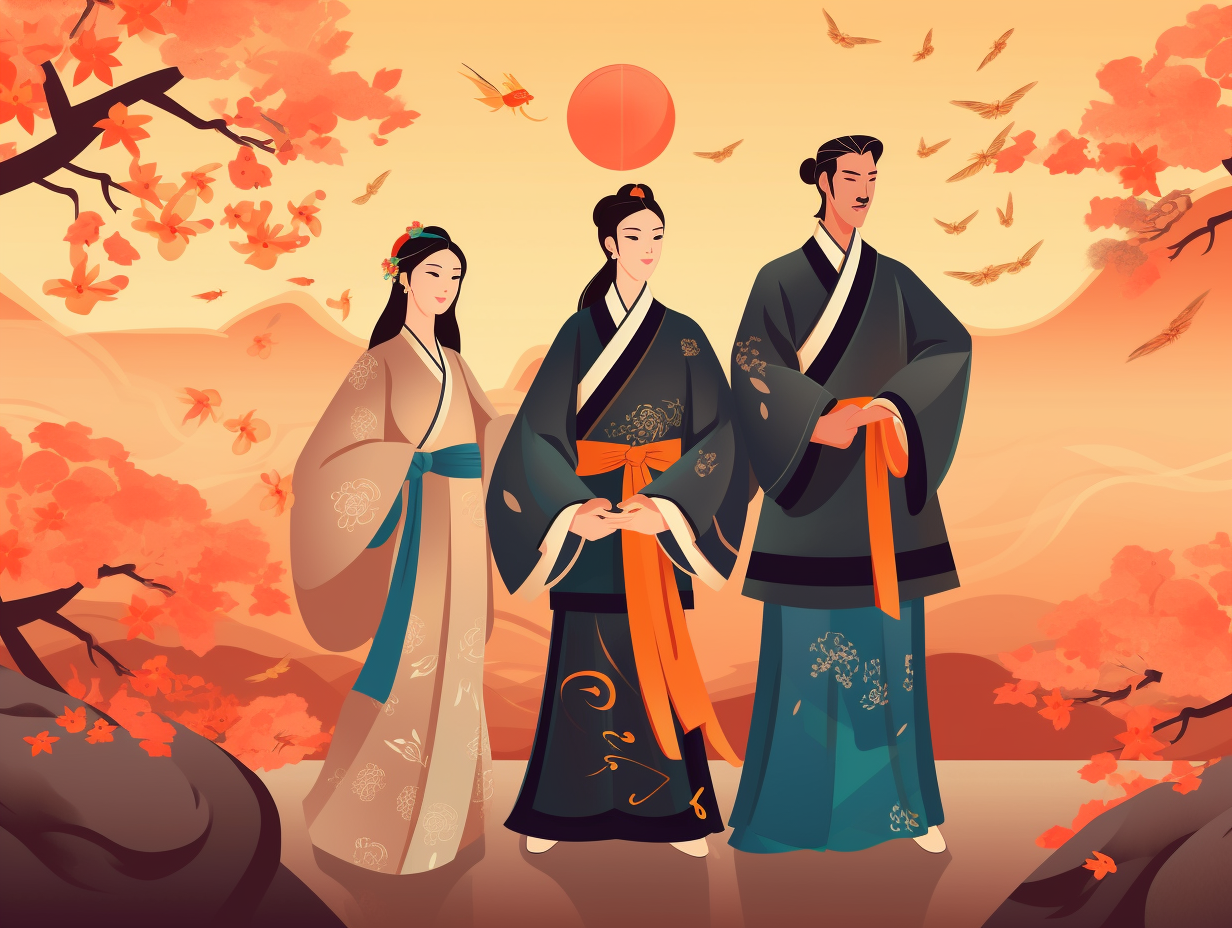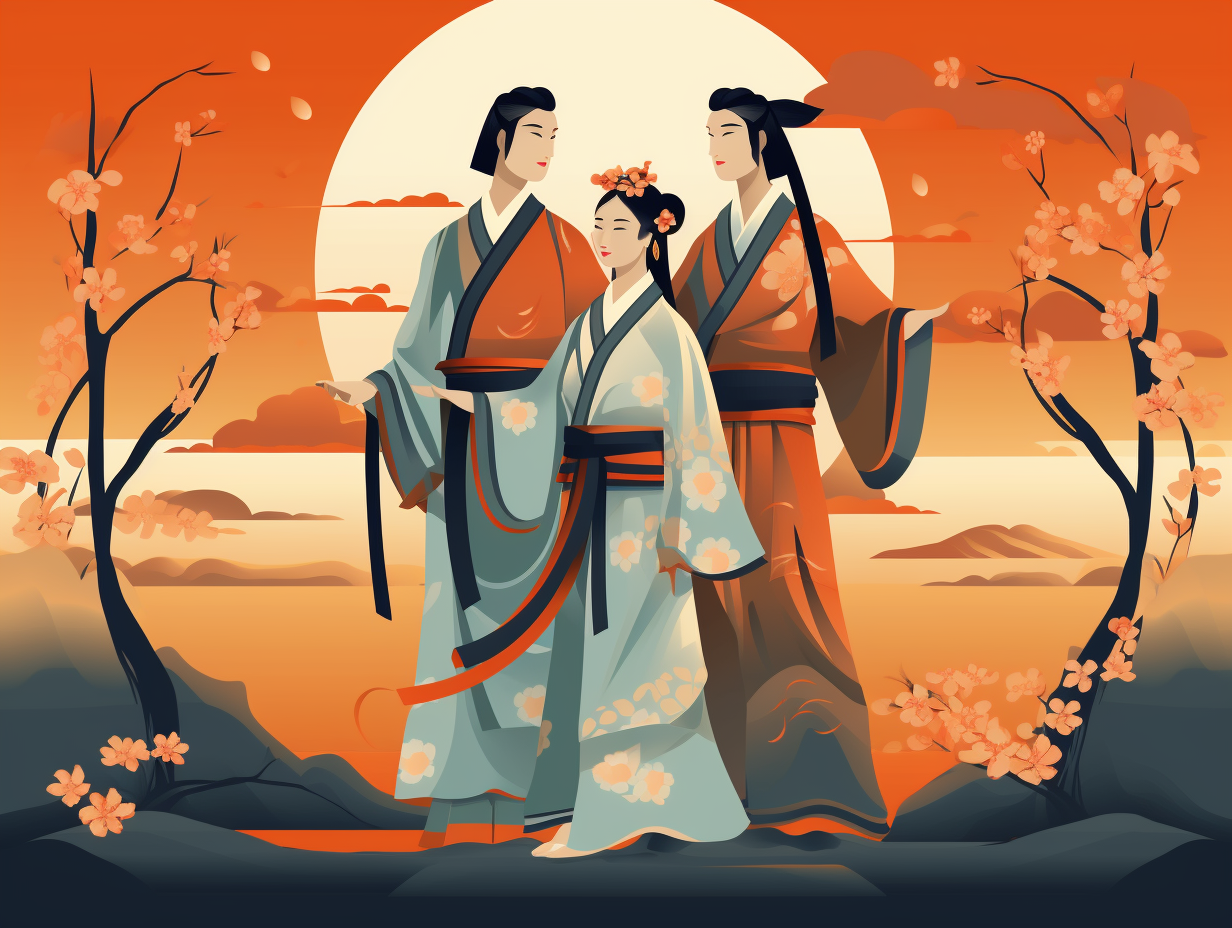Discover the Sui Dynasty: Top 7 Fun Facts That Will Amaze You!

1. World's Longest Canal
You know what they say: "Go big, or go home!" Well, Emperor Yangdi of the Sui Dynasty certainly was no quitter: he went ahead and built the record-breaking, 1,100-mile-long Grand Canal, connecting the Yellow River and the Yangtze River, and this engineering marvel still holds the title for the longest canal or artificial river in the world.
Source => study.com
2. The Original Reality Show: Imperial Exams
Who needs The Bachelor when you've got the Sui dynasty? They were way ahead with their own reality-show-worthy selection process: The imperial examination system. Introduced during the Sui dynasty, it tested candidates on writing, Chinese classics, and literary style to find the best of the best for the state bureaucracy. It became the backbone of imperial rule for over a thousand years, keeping aristocrats and the military in check. But like any long-running series, some thought it was getting a bit stale by the 19th century and pushed for a reboot with more focus on science and tech.
Source => en.wikipedia.org

Discover how ancient Chinese fortune-tellers may have predicted the rise of GPS and Google Maps with their invention of the compass in the Han dynasty! A tool that changed the course of history. 🧭🌏
=> Fun Facts about Ancient-China
3. Hot Tub Palace Time Machine
Before the days of spa vacations and hot tub parties, emperors and their favored few knew how to unwind in style: The Huaqing Palace, dating back to the Sui Dynasty, was built right on top of hot springs, providing royal relaxation and therapeutic waters for centuries of dynastic rulers and their lucky companions.
Source => visitourchina.com
4. Sui Dynasty: Infrastructure Superstars
If the Sui Dynasty had Yelp reviews, they'd definitely be champions in the "Innovative Infrastructure" category, their Grand Canal would be a must-visit attraction with a five-star rating: This engineering masterpiece was pivotal in connecting five major river basins in China, enabling the empire to maintain a steady supply of rice, efficiently govern their territories, and swiftly transport troops. The Grand Canal also showcased the sophisticated Caoyun system, which cleverly managed the transport, taxation, and control of essential resources like grain, salt, and iron – ultimately, guaranteeing that both the common folks and imperial soldiers were well fed and ready to rock'n'roll.
Source => whc.unesco.org

5. Step Inside the Stonetastic Stele Forest
Step right up and prepare to be "stonished" in more ways than one at this ancient Chinese Hall of Fame minus the fame: The Sui Dynasty's Stele Forest in Xi'an is a treasure trove of over 11,000 relics, including 19 national treasures, spread across seven exhibition rooms that boasts stone tablets etched with everything from religious texts to poetry, calligraphy, and history, as well as around 220 stone Buddhist statues dating from the North Wei Dynasty to the Song Dynasty, providing a peek into the flourishing world of Buddhism in the Sui era.
Source => travelchinaguide.com
6. One-Hit Wonder Dynasty
If the Sui Dynasty were a band, they'd be a one-hit wonder with an epic album full of infrastructure hits and agricultural jams: The Sui Dynasty, albeit short-lived, made a lasting impact on China through major works like the construction of the Grand Canal, the enhancement of the Great Wall, and the implementation of significant economic and agricultural reforms such as the equal-field system and standardized coinage.
Source => en.wikipedia.org
7. Sui Dynasty: The Art of (Half) Divide and Conquer
The Sui Dynasty: experts in the art of "divide and conquer" – or at least, mastering the first half of that equation! They were able to successfully unify China after ages of division and create the impressive Grand Canal, propelling domestic trade and cultural exchange for centuries to come. But when it came to their military ventures, particularly the costly campaign against the Korean kingdom of Goguryeo, they ended up biting off more than they could chew, costing them defeat, financial ruin, and a manpower shortage from which they never really bounced back.
Source => en.wikipedia.org
Related Fun Facts




















